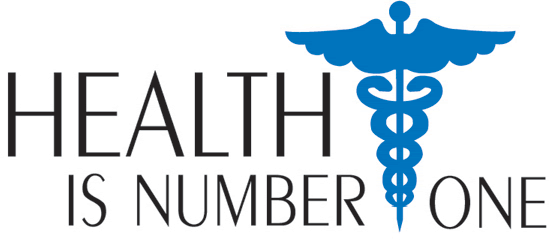Health Library ~ Family Medicine in Mullica Hill, NJAll Material copyright Craig M. Wax, DO unless otherwise denoted. Cold / Upper Respiratory Infection By Craig M. Wax, DO A "cold" in modern usage usually refers to an upper respiratory infection. This is primarily caused by a virus, such as rinovirus, adenovirus, etc. It is a virus that effects the nose, throat, ears, sinuses and upper airways. Symptoms may include sore throat, ear pain, ear popping, sneezing, itchy eyes, runny nose, headache and cough. Significant fever over 100 F is usually not present, hence the name "cold." The illness is usually self-limited, or simply runs its course in 2 to 7 days. It doesn't require antibiotics because they are not effective against the viruses that cause colds. It is a good idea though to drink plenty of water and get plenty of rest to help your body's immune system win the battle quickly. Although no currently known medicine can cure the common cold, people use different remedies to help with the problem. Symptom control is important to most people. They conventionally use over the counter cough syrup, decongestants, analgesics and even anti-histamines to reduce the symptom severity. Others prefer to use vitamin C, echinacea, and zinc lozenges. Although any of these remedies may or may not help, it is your body's immune system that is responsible for ultimately curing the cold. |
|





